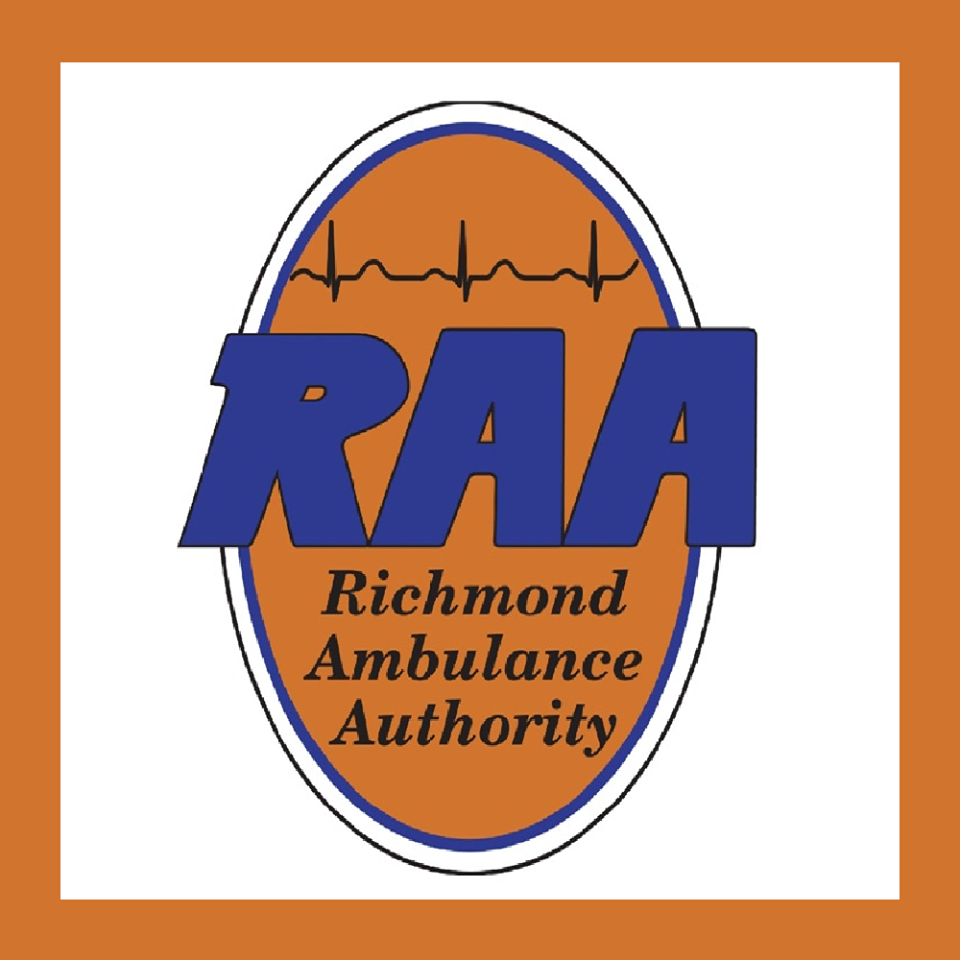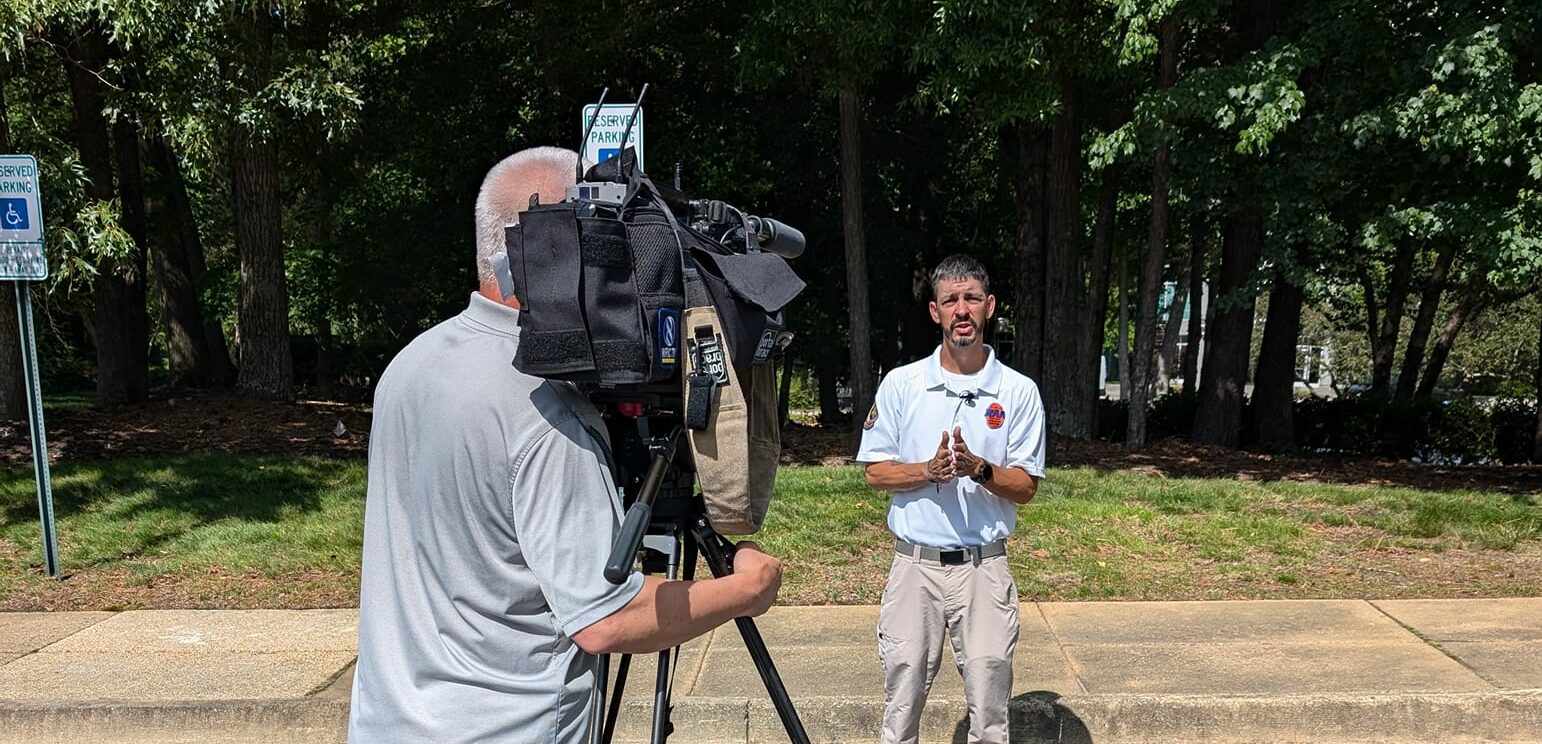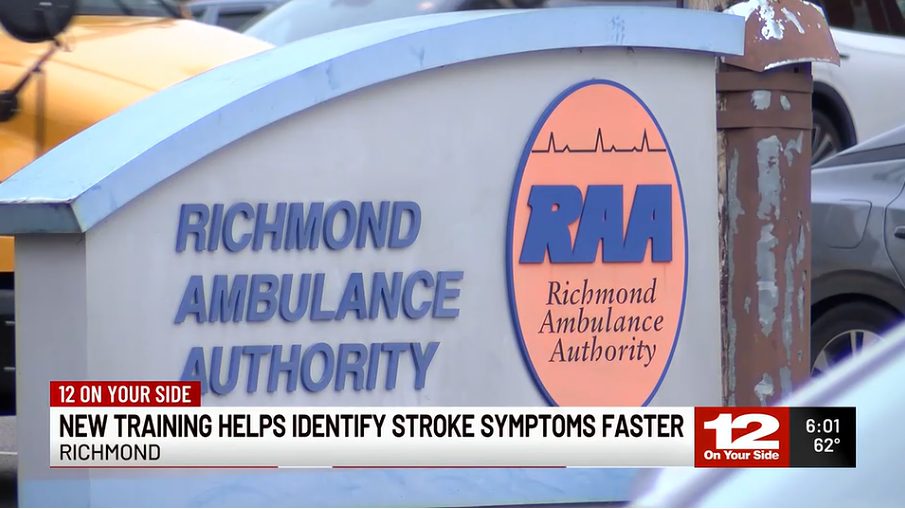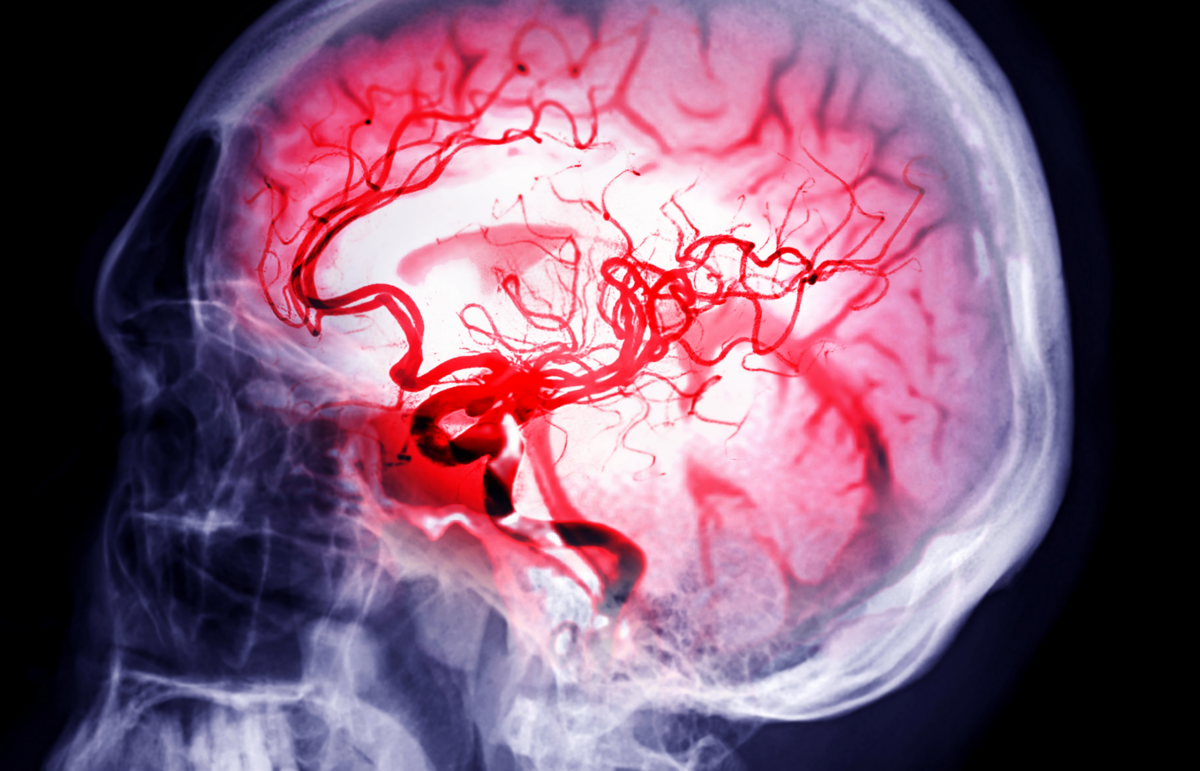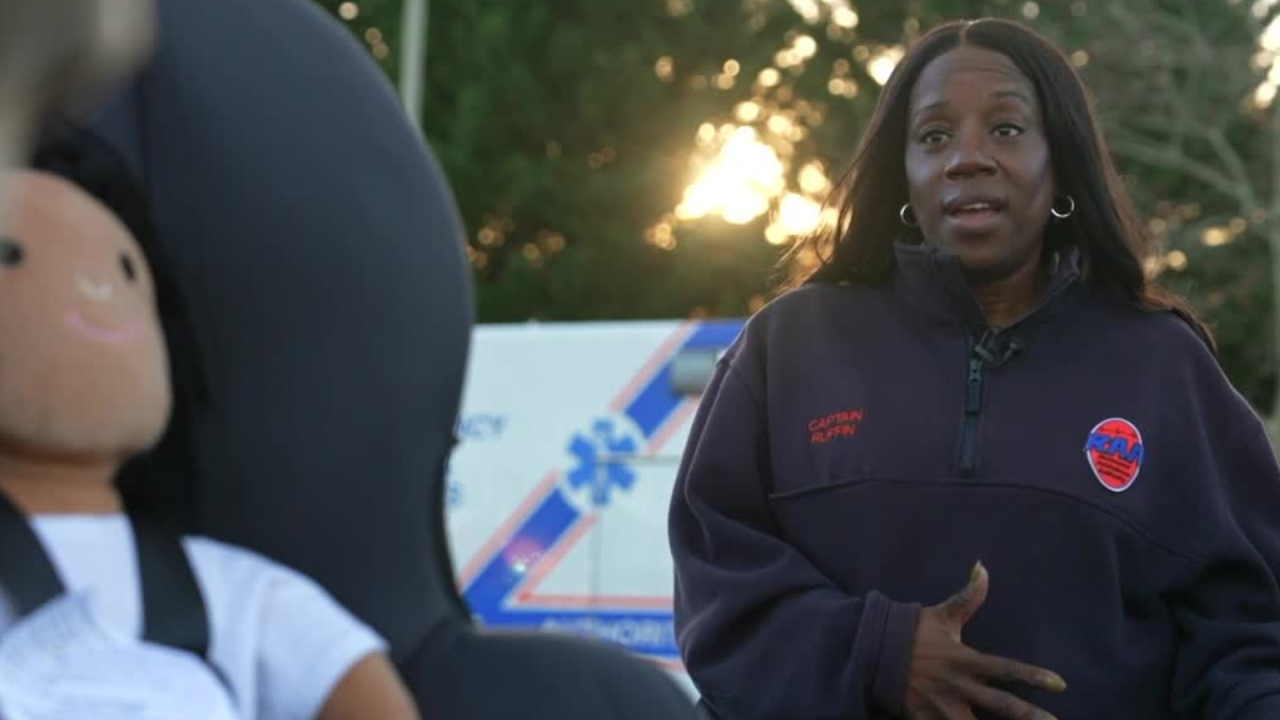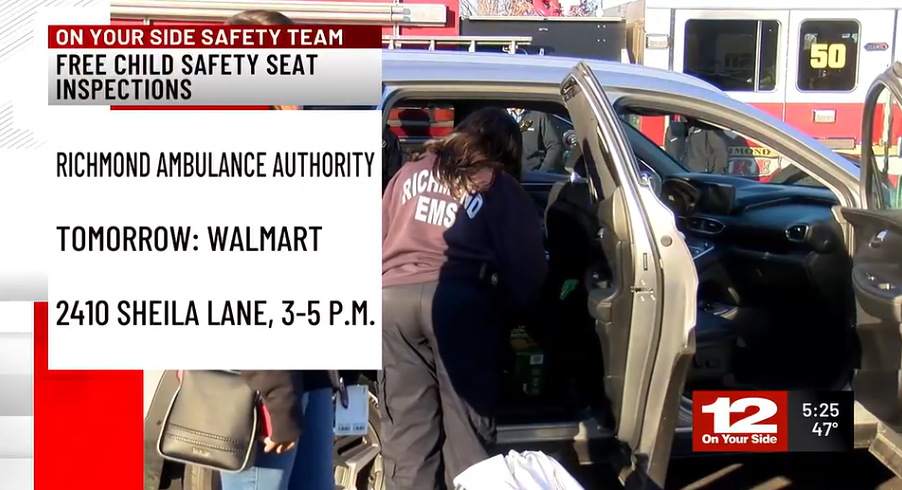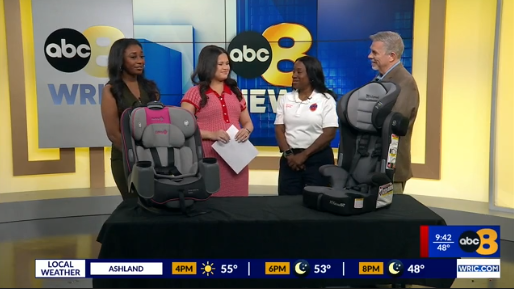This article originally appeared on wric.com
The Richmond Ambulance Authority (RAA) and the American Red Cross are encouraging Richmond area residents to stay safe and avoid heat-related illness ahead of projected high temperatures over the weekend.
According to officials, heat is more than uncomfortable and can be deadly, especially for older adults, babies and children, and those with chronic medical conditions. In 2023, about 2,300 heat-related deaths occurred.
RAA and the American Red Cross recommend taking the following steps to stay safe during high temperatures:
- Stay cool indoors. Stay in air-conditioned places as much as possible. If air conditioning your home is difficult, consider goin to a public library, shopping mall, or other public air-conditioned building. Taking a cool shower or bath and minimizing the use of the stove and oven can help keep a lower temperature in the house. Wear light and loose clothing. Electric fans will not prevent heat-related illness if the temperature is above 90 degrees.
- Schedule outdoor activities carefully. Try to limit outdoor activities to when it’s coolest, like in the morning or evening. Rest often in shady areas.
- Stay hydrated. Drink more fluids, avoid sugary or alcoholic drinks, and replace salt and minerals. Keep your pets hydrated with cool water, too.
- Know the signs for heat related illness and how to respond.
- Heat cramps: are an early sign of trouble and include heavy sweating with muscle pains or spasms. To help, move the person to a cooler place and encourage them to drink water or a sports drink. Get medical help if symptoms last longer than an hour or if the person has heart problems.
- Heat exhaustion: If a person has heavy sweating, cold and clammy skin, a fast and weak pulse, nausea or vomiting, muscle cramps, tiredness or weakness, dizziness, headaches, or is feeling faint, they likely have heat exhaustion. Move them to a cool place, loosen clothes, put cool, wet cloths on their body, and have them sip water. Seek medical help if they are throwing up, their symptoms get worse, their symptoms last longer than an hour.
- Heat stroke is a deadly condition that requires immediate medical help. Symptoms include a high body temperature; hot, red, dry or damp skin; a fast or strong pulse; a headache or dizziness; or nausea, confusion and passing out. Call 911 right away if you think someone may have heat stroke. If a person has a high body temperature of 103 degrees or higher, hot and red skin, a fast and strong pulse, confusion, or loss of consciousness, they likely have heat stroke. After calling 911, move the person to a cool place, and put cool, wet cloths on their body, misting or fanning to help cool them off. Do not give the person anything to drink.
